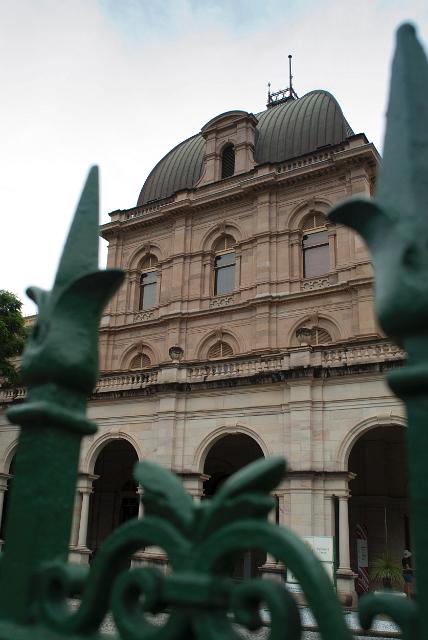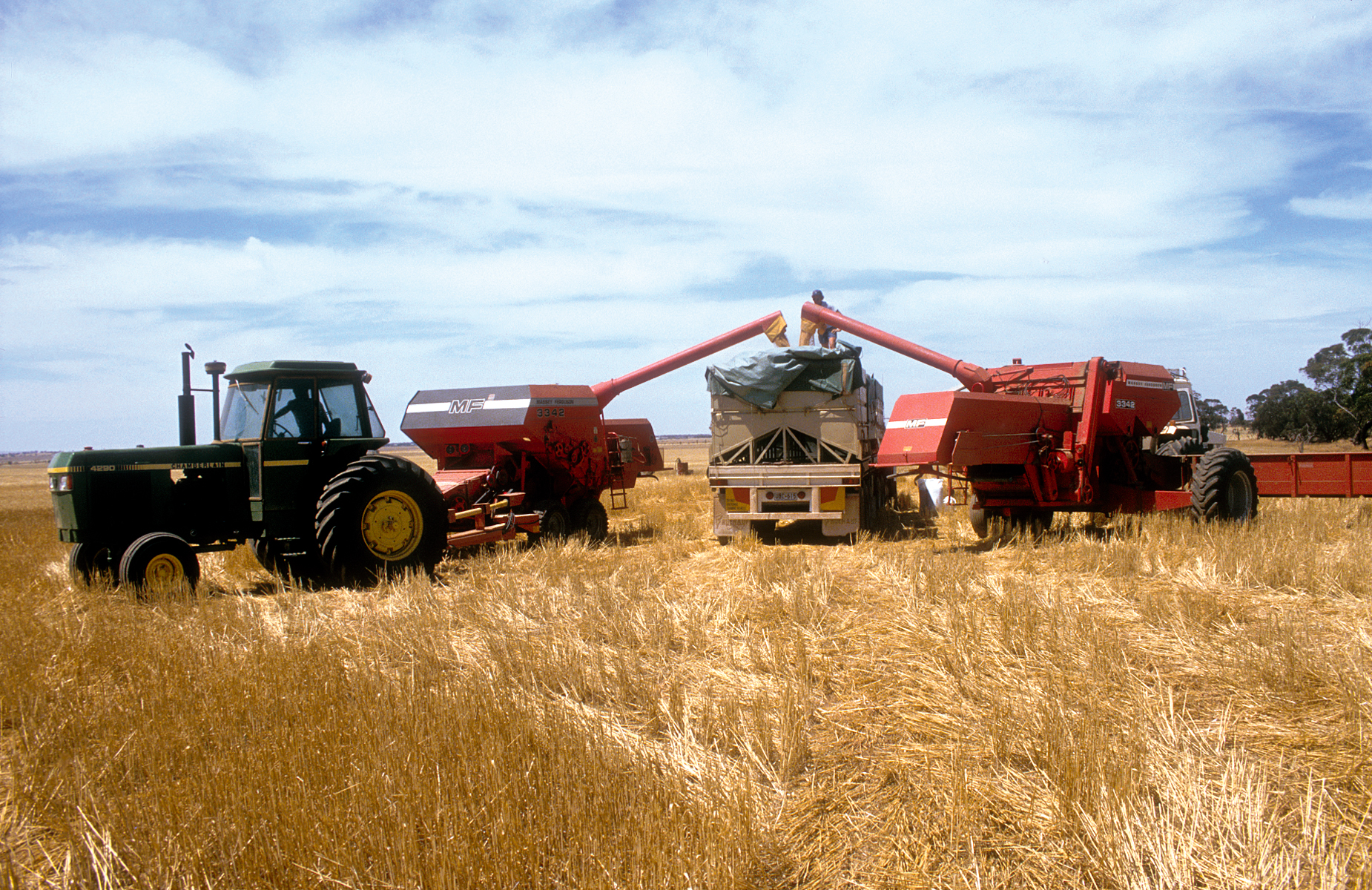On Saturday 14 February 2015, Queensland Labor leader Annastacia Palaszczuk was sworn in as the state’s 39th Premier, after the Electoral Commission of Queensland formally declared the results for all seats.
At final count, Labor won 30 of 40 Greater Brisbane seats, seven of 12 Central Coast seats, and seven of eight North Queensland seats; a total of 44 seats. Independent MP Peter Wellington pledged his support to Palaszczuk, allowing Labor to form a minority government with 45 seats; two weeks after voters took to the polls.
The LNP was highly successful in the traditionally conservative Gold Coast and Sunshine Coast regions, winning 16 of 17 seats across the two regions.
The LNP received the largest primary vote in the state, with 41.3 per cent (down 8.3 per cent from 2012). Labor received 37.5 per cent, up 10.8 per cent, while the Greens won 8.4 per cent and the Palmer United Party won 5.1 per cent. Katter’s Australian Party received 1.9 per cent of the primary vote, a 9.6 per cent drop from the last election.
On a two-party preferred basis, Labor received 50.9 per cent of the vote, a 14 per cent swing, and enough to gain 35 of the 36 seats the party needed to win a majority.
During her campaign, the incoming Premier promised to reduce the number of Ministers from 19 to 14. Late Sunday evening, Palaszczuk announced her ministry, as follows:
Annastacia Palaszczuk
- Premier
- Minister for Arts
Jackie Trad
- Deputy Premier
- Minister for Transport
- Minister for Infrastructure
- Minister for Local Government and Planning
- Minister for Trade
Curtis Pitt
- Treasurer
- Minister for Employment and Industrial Relations
- Minister for Aboriginal and Torres Strait Islander Partnerships
Cameron Dick
- Minister for Health
- Minister for Ambulance Services
Dr Anthony Lynham
- Minister for State Development
- Minister for Natural Resources and Mines
Kate Jones
- Minister for Education
- Minister for Tourism, Major Events and Small Business
- Minister for the Commonwealth Games
Yvette D’Ath
- Attorney-General
- Minister for Justice
- Minister for Training and Skills
Jo-Ann Miller
- Minister for Police, Fire and Emergency Services
- Minister for Corrective Services
Bill Byrne
- Minister for Agriculture and Fisheries
- Minister for Sport and Racing
Mark Bailey
- Minister for Main Roads, Road Safety and Ports
- Minister for Energy and Water Supply
Leeanne Enoch
- Minister for Housing and Public Works
- Minister for Science and Innovation
Steven Miles
- Minister for Environment and Heritage Protection
- Minister for National Parks and the Great Barrier Reef
Coralee O’Rourke
- Minister for Disability Services
- Minister for Seniors
- Minister Assisting the Premier on North Queensland
Shannon Fentiman
- Minister for Communities, Women and Youth
- Minister for Child Safety
- Minister for Multicultural Affairs
Stirling Hinchliffe
- Leader of the House
- Assistant Minister of state assisting the Premier
Five ministers – Bailey, Enoch, Fentiman, Miles and O’Rourke – are first term MPs.
During the campaign, Labor’s policy platform was never fully revealed. However, in a letter seeking the support of Independent Peter Wellington, dated 5 February 2015, Palaszczuk outlined her party’s policies as follows:
- Asset sales: To oppose the sale of government owned corporations;
- Electoral reform: To reintroduce the $1000 disclosure threshold for electoral donations and development of a real-time online electoral donation disclosure system;
- Public service: To reintroduce the party’s former policy of employment security and no-contracting-out provisions, as well as a review of the contestability processes of Queensland Health and Queensland Hospital and Health Services;
- Commission of Inquiry into Organised Crime: To establish a review of the state’s anti-organised crime laws, by the Queensland Police Service, the Department of Justice and Attorney-General, the Bar Association, the Law Society and the Police Union;
- Inquiry into political donations: To inquire into links between political donations and the awarding of tenders, contracts and approvals;
- Support for independent members: To increase support for independent members of Parliament by allocating an extra staff member and policy adviser;
- Support for larger electorates: To review travel allowances of MPs representing large electorates;
- Bill of Rights: To seek advice from the Department of Justice and Attorney-General regarding a possible Bill of Rights in Queensland;
- Mineral and Energy Resources (Common Provisions) Bill 2014: To review the removal of objection and appeal rights;
- New Acland mine: To review the approval processes for the project and its community impact;
- Subcontractor payment laws: To review the Building and Construction Industry Payment Act, in consultation with the Subcontractors’ Alliance;
- Dredge soil removal: To stop the dumping of dredge soil near Caley Valley;
- Road maintenance: To review the awarding of road maintenance contracts;
- Halls Creek: To retain the Beerwah East site as a growth area in the southern Sunshine Coast corridor;
- North Coast rail line: To conduct a cost-benefit analysis of the project. If the project passes assessment, Labor will consult with the Federal Government; and
- Nambour: To reinstate the rail station upgrade to allow disability access as a priority project, and to review the car park at Nambour Hospital.
The result of the Brisbane seat of Ferny Grove became certain on Monday 16 February, after the LNP confirmed that it would not challenge the Labor win in the Court of Disputed Returns. The prospect of legal action was raised after it was revealed fourth-placed Palmer United Party candidate Mark Taverner was an undischarged bankrupt, making him ineligible for election.
Were the LNP to have won a by-election in Ferny Grove, the election result would become 43-all, and the LNP would then have been in a position to appeal to the two Katter’s Australian Party MPs to secure their support to form a minority government.



